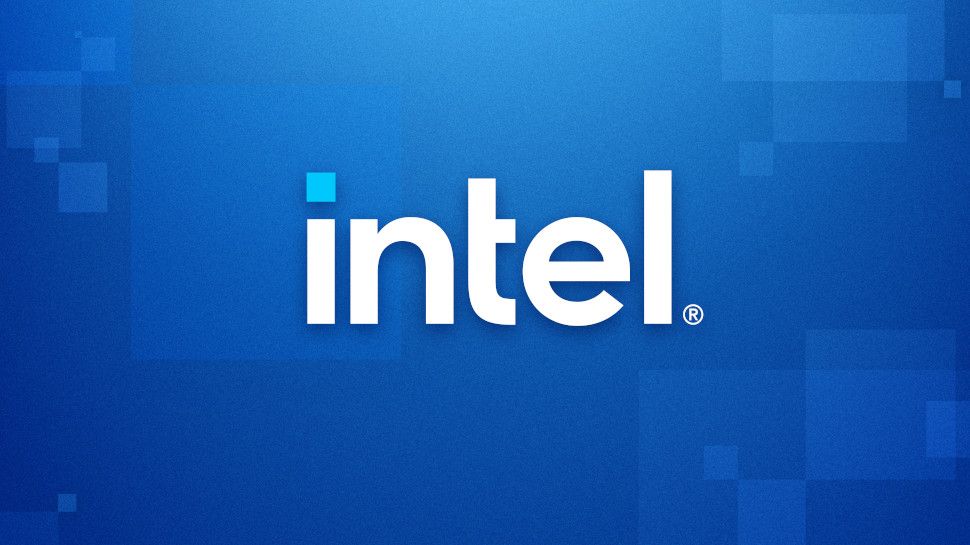Tech Business & Industry Moves / Industry strategy shifts
Weekly Tech Business & Industry Moves / Industry strategy shifts Insights
Stay ahead with our expertly curated weekly insights on the latest trends, developments, and news in Tech Business & Industry Moves - Industry strategy shifts.
Recent Articles
Sort Options:

Turning the Software Factory into an Intelligence Engine
Technology leaders are urged to shift focus from traditional software factories to engineering intelligence, emphasizing the need for innovation and adaptability in a rapidly evolving digital landscape. This strategic pivot is essential for future success in technology development.

Intel spins off Network and Edge computing groups in latest major company change
Intel plans to spin off its Networking and Edge Group, which contributed 11% to its 2024 revenue, as part of a strategy to enhance profitability. The company aims to attract buyers while remaining a key investor in the venture.

Intel abandons chip plants in Germany and Poland, confirms more layoffs
Intel's CEO Lip-Bu Tan announces a strategic shift prioritizing customer needs and efficiency, leading to the closure of manufacturing sites in Germany and Poland, alongside anticipated job cuts, as the company seeks to reverse its financial decline.

The Services Industry Is Moving From Relocation To Reinvention
The services industry has long benefited from shifting operations to lower-cost locations, a strategy that has shaped its growth and competitiveness over the decades. This trend highlights the ongoing evolution of global business practices.

3 steps to align your stack with strategy
MartechTribe's research reveals how aligning martech stacks with business strategy enhances performance across industries. By focusing on customer needs and strategic goals, companies can leverage tailored solutions, AI, and personalized experiences to drive success in banking, manufacturing, and education.